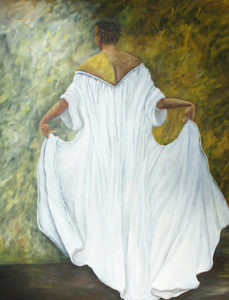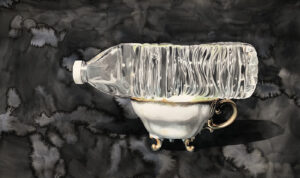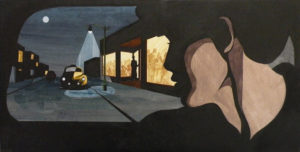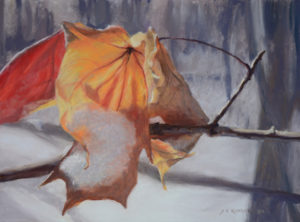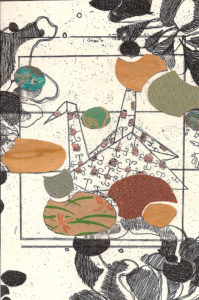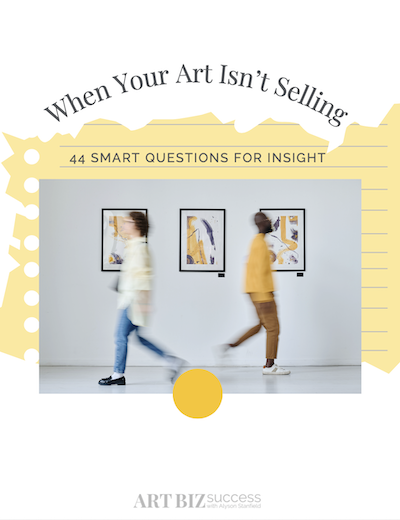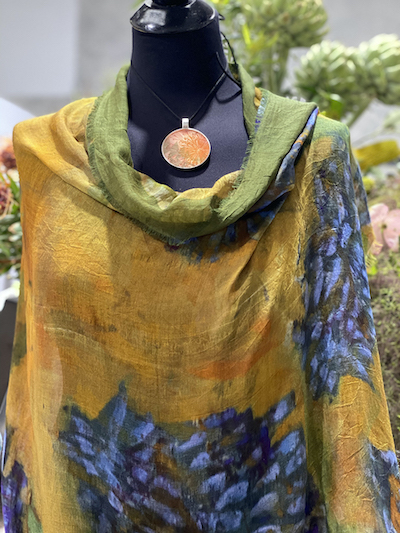
Giving Art and Artist Merchandise
Are you giving art this holiday season?
You always run a risk giving art as a holiday present if you don’t know the recipient will truly love and want to display it.
However, many artists have merchandise with their art on it, which can be more appropriate for gift-giving because it’s utilitarian.
- Mugs
- Calendars
- Note cards
- Scarves
- Ornaments
- Journals
What art are you giving this year? What do you have for customers to purchase for gift-giving?
Please leave a comment with the following:
- A description of your gift.
- A link to where we can see it. Double check to make sure the link works.
- Your Instagram handle so I can help you promote it.
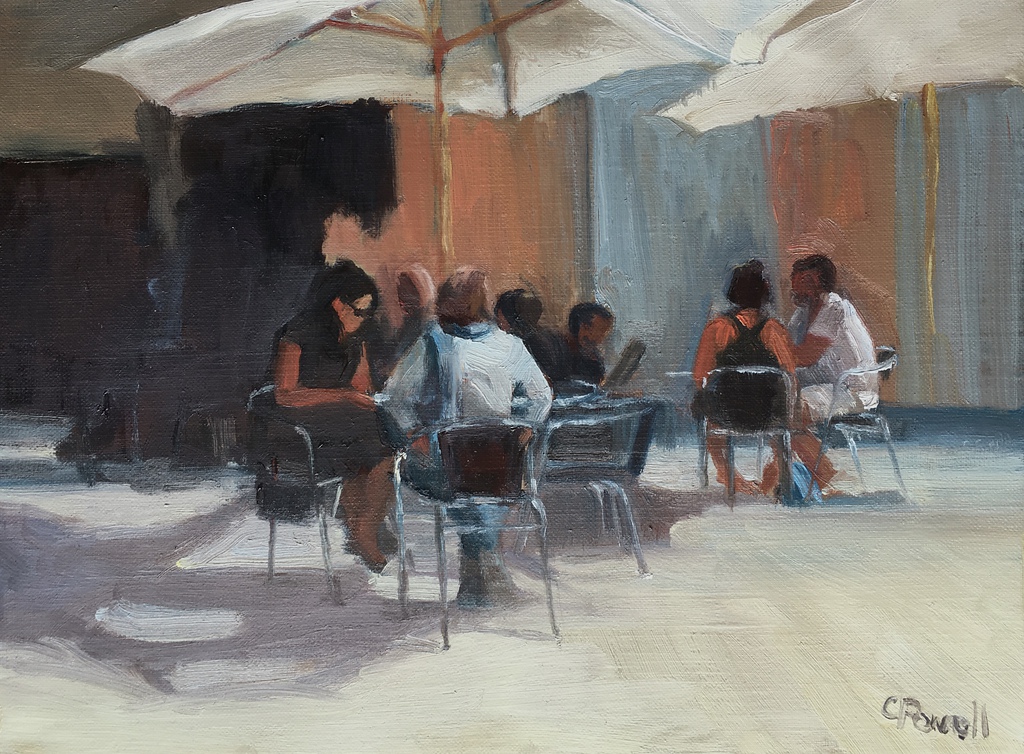
The Art Biz ep. 65: Introduce Yourself Confidently as an Artist
If you find it difficult to introduce yourself as an artist, you’re not alone.
“I’m an artist” doesn’t seem to roll off the tongue easily for some people. And yet it’s critical to be able to say those words with confidence.
This is a topic I never could have dreamed up while I was working in art museums. It wouldn’t have occurred to me that artists would have a hard time introducing themselves. After all, what you do is so cool. So creative. So magical. It seems like all you have to do is say, “I’m an artist” and the conversation opens wide.
But what I’ve learned in the years since working in the museum bubble is that it isn’t always that easy to say I’m an artist. Then, when the words finally do come out, what do you say after that?
Why Your Artist Introduction is a Struggle
It seems to be easier for people with art degrees, especially MFAs, to proclaim their profession to the world. Perhaps it’s because there is a physical piece of paper that says you completed a curriculum to the satisfaction of an institution. Regardless of any outside job you may hold to support yourself, you know at heart that you’re an artist.
Having said that, I know it’s difficult even with that piece of paper for some people who aren’t working full time on their art careers to assume the title of Artist, with a capital A.
There isn’t an official governing body that confers the title of artist on anyone. “Title” isn’t exactly the right word here, but I think you get my drift. You don’t have to pass any licensing boards or get certified to start calling yourself an artist.
For most artists, there isn’t a turnkey moment when they can proclaim, “NOW I know I’m an artist.” It’s more of a slow, steady slog on the way to the day you finally feel worthy enough to say it out loud.
This is why it can be difficult to introduce yourself when you are in the process of becoming. You must summon your courage and present yourself as you want others to see you.
Read or listen to the podcast.
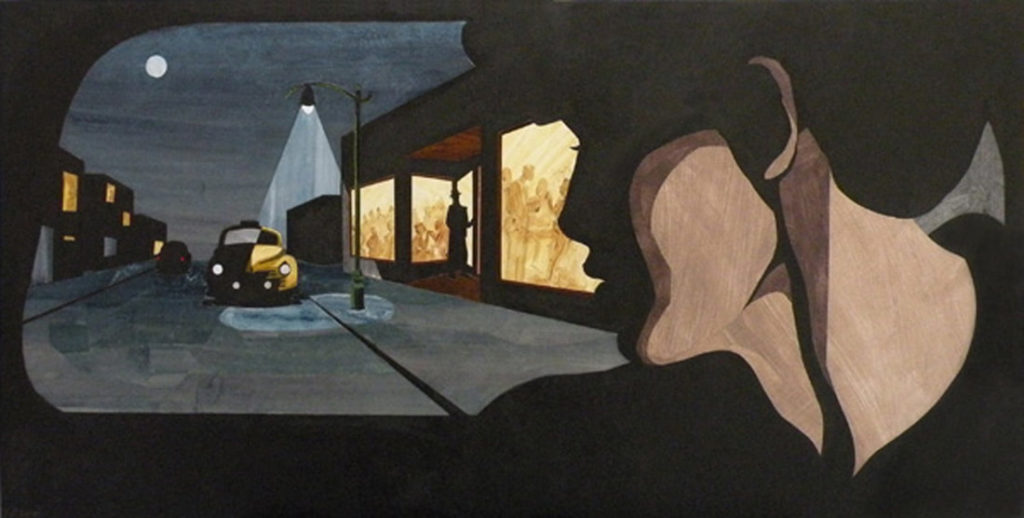
How To Discuss Slow Sales with Your Art Gallery
Sales from your art gallery are not what you expected or need them to be.
They sold a lot of your work at one point, but sales have dropped off significantly in the past couple of years—especially during the pandemic.
So what now? Do you ask for your work to be returned?
Not quite! Before you take such drastic measures, do the hard, but professional thing. Talk.
Opening a dialogue is your first course of action, but I don’t want to get ahead of myself. First things first.
Assess Your Relationship with the Gallery
The conversation you have with your gallerist about slow sales depends on the answers to a number of questions.
How long have they have represented you?
How much work have they sold for you in the past?
What are the terms of your agreement with the gallery?
What is the nature of your past relationship?
What is the current state of the gallery’s business? How has it been affected by the pandemic?
What is the demand for your work outside of their venue?
2 Options for Opening a Conversation with Your Gallerist
Based on how you respond to the questions above, consider 2 options for opening a conversation about slow sales from the art gallery.
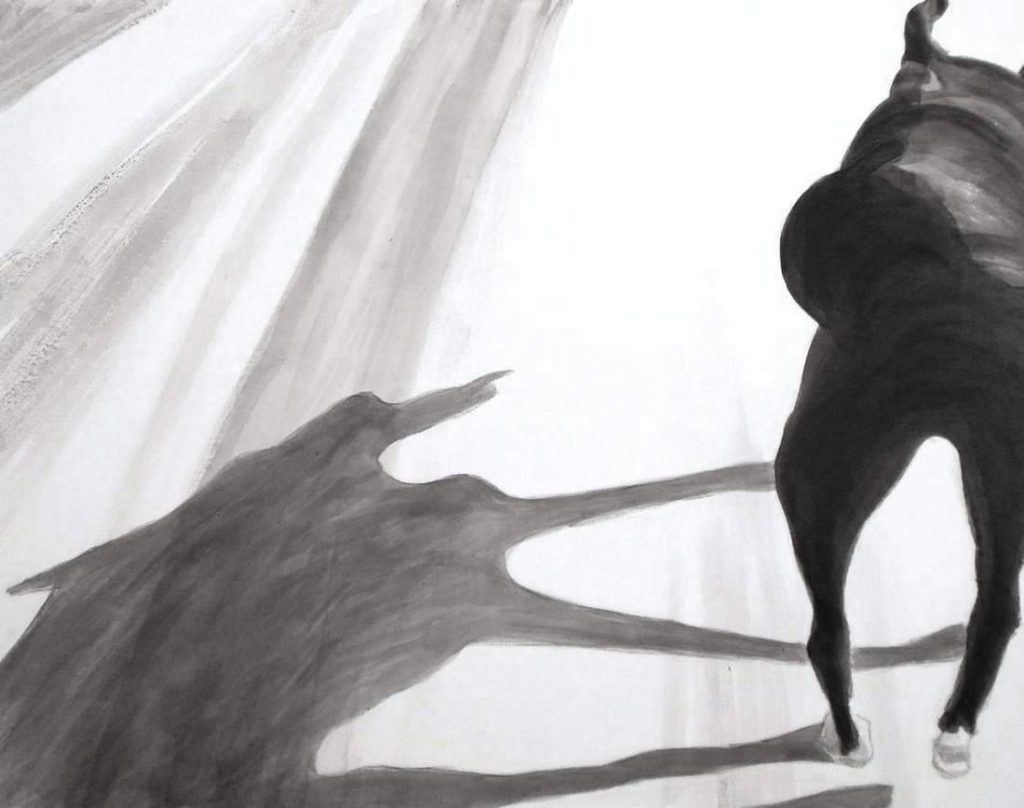
The Art Biz ep. 63: Pitching Your Story to My Podcast or Anyone Else’s
I’m always on the lookout for artists with interesting business stories to tell.
I consider it my good fortune when I find them from one of my students or clients, and am equally happy when the story appears from beyond my immediate circle.
But I know there are hundreds and thousands of more stories out there that are waiting to be told. Not just to this podcast and blog, although that would be lovely, but to other podcasts, blogs, and media.
Make The Argument
I’m not crazy about the word “pitch” but I’m going with it. I use it in the sense that you are making an argument for something. You’re making an argument that I should pay attention to who you are and the art you make.
I specifically say “pitching your story” rather than “pitching your art” because most artists could benefit from massaging the stories they tell about themselves. You might not call it that, but it’s something that you’re constantly doing.
I’m more likely to pay attention to your art if you have a compelling story than if you ask me to buy, buy, buy.
- You’re pitching your story when you post about your art on social media.
- You’re pitching your story when you send an email to your list.
- You’re pitching your story when you submit to an exhibition.
- You’re pitching your story when you ask for gallery representation.
- And take a minute to let this sink in. You’re (hopefully) pitching your story when you tell anyone you’re an artist. Anyone. At any point.
What I’m sharing will not only help you get featured on the Art Biz Podcast, but will also serve you when you pitch to other podcasts, bloggers, writers, and publications.
The more interviews you do and the more experience you get, the better you become at telling your story. You will also grow your audience and maybe even sell some art or attract new students and social media followers. You never know who is listening. Here are 5 steps for pitching your story.

The Art Biz ep. 60: Reclaiming Your Year — Even Now
I’m a planner. If you’ve taken any of my courses, or even read my book, you anticipate that there will be at least one plan involved. Often with every lesson. It doesn’t do much good to learn a bunch of stuff without figuring out how to implement it right away. In fact, that’s more like consuming than learning.
In talking with my students and clients, I know how devastating this year has been. Of course, I didn’t really have to talk with them to know that their plans had been stomped on, but it helps to get the full picture.
The pandemic has wreaked havoc on everyone’s plans. Canceled shows and travel. Shuttered studios and exhibition spaces. The spouse used to leave for work and give you space, but now you’re stumbling over one another. And the kids! Suddenly the kids are at home and you are tasked with the awesome responsibility of their education.
You’re on Zoom all of the time, so that brief sigh of relief you felt for not having to get dressed and put on makeup was short-lived.
In the early days of the outbreak, I encouraged my clients and students to plan just 1 week at a time. We didn’t know what was going to happen. How long things would be closed. I wanted them to control what they could and not worry about months ahead.
We now know that Covid is going to be with us for the foreseeable future. The planner in me said, Okay! Time for a new plan!
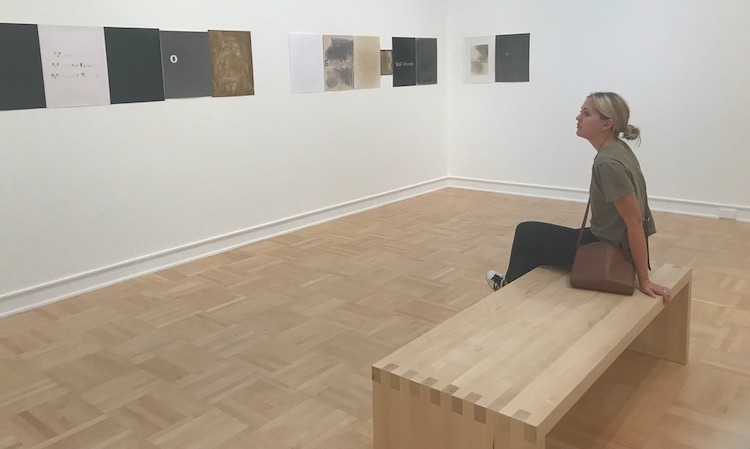
The Art Biz ep. 59: My Best Practices for Working with an Assistant
Four and a half years ago I hired the best assistant I have ever had at Art Biz Success. She has been loyal, prompt, 200% dependable, and absolutely indispensable.
She was 21 years old at the time—about to turn 22—and had just graduated early from college.
I hit the jackpot.
In this episode of the Art Biz Podcast, I tell you exactly how I hired the perfect person for my business at the time. I also going to give you the steps I put in place to make sure that we maintained a good relationship and that, above all, she enjoyed her position.
I’ll touch on the hiring process, setting up an assistant for success, working together, and keeping her happy.
I’ll also share my mistakes. I’m sure there are more that I’m unaware of, but I can tell you about those I know.
I’ll be getting a little vulnerable and a lot sentimental. I’m sharing the story because I don’t know of a single artist who wouldn’t like a little more help with their business. Perhaps you’ll benefit from my experience.
I’ll start at the beginning, when I first began looking for a new assistant in early 2016.




